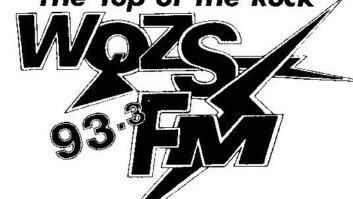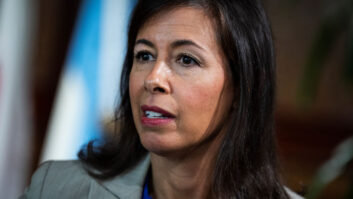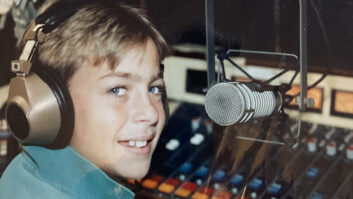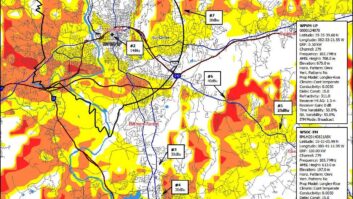The author is membership program director of the National Federation of Community Broadcasters. NFCB commentaries are featured regularly at www.radioworld.com.
Could you imagine holding a presidential election and leaving out rural America from the polls?
What about steering a boat through a storm, but telling the most resilient of the crew to take refuge in the ship’s hold?
In either of these scenarios, none of us would dream of leaving out important voices in decision making, or not accepting helping hands in a moment of need. Yet radio is seeing just such a pivotal event.
When the nation’s leader in the media space convenes stakeholders on Nov. 21, it is incumbent that community, religious and noncommercial educational media be included.
[Read: Community Broadcaster: Facebook Needs Community Radio]
Later this month, the Federal Communications Commission’s Media Bureau will host a “Current and Future Trends in the Broadcast Radio and Television Industries” summit. It could be one of the most interesting gatherings for broadcasters in some time. Streaming, internet disruption, podcasting and regulations are among the big conversations in radio as a whole. Each presents a unique challenge that radio together can respond to, and discuss our collective needs with the country’s media policy leader.
However, the FCC must ensure community media is at the table.

According to the announcement, the objective of the event is “to hear from industry experts and participants about the current and future trends, challenges, and opportunities facing the broadcast radio and television industries.” The FCC promises a pair of panels representing large and small broadcasters, as well as many media analysts.
Names of panelists are apparently yet to be released (as of press time). Invitees have not been announced yet either. However, involving the diversity of full- and low-power community radio stations, noncommercial broadcasters, public, education and government (PEG) television and others in the community media ecosystem must be a priority.
Community broadcasters nationwide are an important part of the media world, albeit not as attention grabbing to some media watchers. However, their service to cities and towns like yours is valuable and historically noteworthy. Consider radio stations like WORT, KGNU and many others welcoming community voices onto the airwaves. KUVO in Denver and WNCU in Raleigh have been legacy jazz stations serving their respective communities, while also trying to pioneer sounds for new audiences for noncommercial media. And then there is the vibrant low-power FM scene, with many locally engaged and intelligent stations with a reach far beyond their 100 watts by virtue of the relationships they’re building in their communities.
Where else in terrestrial media does the hybrid of community-sourced and curated content flourish so well, or at all? Who else has figured out that puzzle-like community media? It is not all perfect, of course, but big players could listen to these stations a bit more. The upcoming symposium seems like a perfect setting to do it.
I do not make the argument that these voices should be added to the exclusion of the many large and medium-sized broadcasters the FCC has traditionally tapped for such meetings. Anyone who’s been there knows the FCC offices are large. There is plenty of room for everyone. I merely suggest community media should be considered an important part of the conversation, too.
2019 has been a powerful year for media. And community media will be part of a lively 2020. Are you listening, FCC friends?












